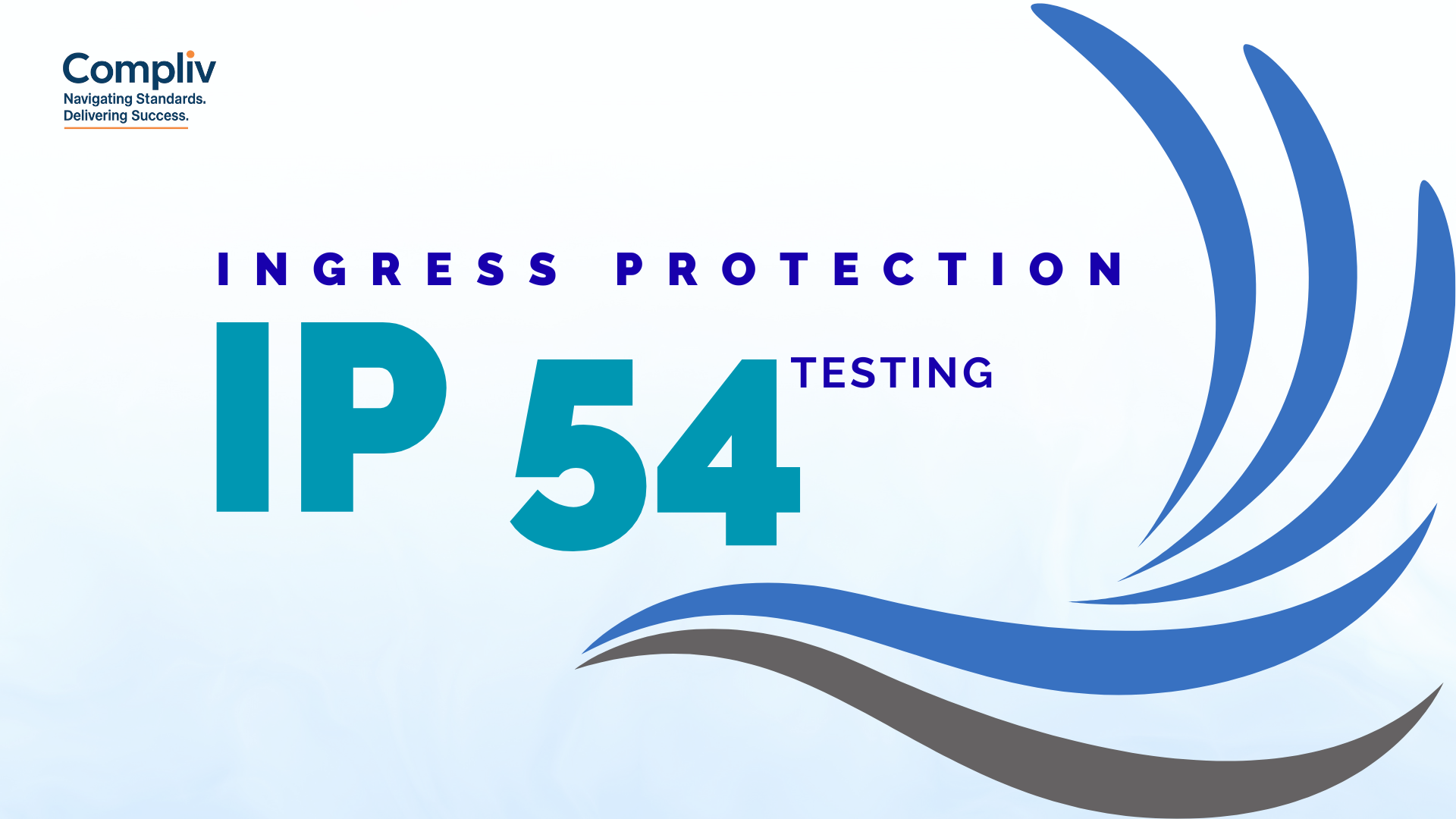
IP54 Testing evaluates a product’s resistance against dust and water splashes. Devices with IP54 certification are protected from limited dust ingress and water splashes from any direction. This testing ensures reliability, durability, and safety for electronics, industrial equipment, automotive components, and outdoor devices exposed to challenging environments.
Importance of IP54 Testing
- Guarantees device performance in dusty and wet conditions.
- Enhances product longevity and reliability.
- Meets international safety and quality standards.
- Builds consumer trust in durable and robust products.
- Reduces the risk of product malfunction due to environmental exposure.
Benefits of IP54 Testing
- Dust Protection: Prevents harmful dust accumulation inside devices.
- Water Resistance: Safeguards against splashes and light rain.
- Regulatory Compliance: Meets international IP standard requirements.
- Enhanced Durability: Increases product lifespan in industrial and outdoor conditions.
- Market Advantage: IP54-certified devices are more attractive to quality-conscious buyers.
Who Can Avail IP54 Testing Services
- Electronics manufacturers (smartphones, cameras, appliances).
- Industrial equipment producers.
- Automotive component manufacturers.
- Outdoor and rugged device manufacturers.
- Any business seeking certification for dust and water protection.
Process of IP54 Testing
- Dust Test (IP5X): Device is exposed to a controlled dust chamber to check for harmful dust ingress.
- Water Test (IPX4): Device is sprayed with water from all directions to verify splash resistance.
- Inspection & Reporting: Post-test inspection ensures compliance and a certification report is issued.
Timeline
- Total testing: 3–7 days, depending on device complexity.
- Dust test: 1–2 days.
- Water test: 1 day.
- Reporting & documentation: 1–2 days.
